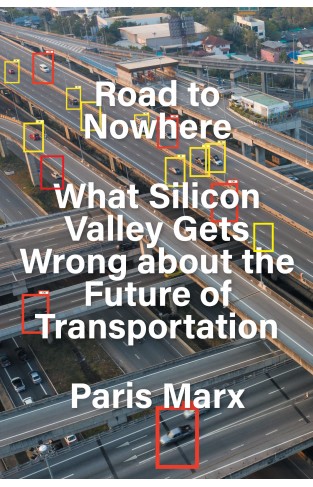How to Build a Transportation System to Provide Mobility for All Road to Nowhere exposes the flaws in Silicon Valley’s vision of the future: ride-hailing services such as Uber and Lyft to take us anywhere; electric cars to make them ‘green’; and automation to ensure transport is cheap and ubiquitous. Such promises are implausible and potentially dangerous. As Paris Marx shows, such technological visions are a threat to our ideas of what a society should be. Electric cars are not a silver bullet for sustainability, and autonomous vehicles won’t guarantee road safety. There will not be underground tunnels to eliminate traffic congestion, and micro-mobility services will not replace car travel any sooner than we will see the arrival of the long-awaited flying car. In response, Marx offers a vision for a more collective way of organizing transportation systems that considers the needs of poor, marginalized, and vulnerable people. The book argues that rethinking mobility can be the first step in a broader reimagining of how we design and live in our future cities. We must create streets that allow for social interaction and conviviality. We need reasons to get out of our cars and to use public means of transit determined by community needs rather than algorithmic control. Such decisions should be guided by the search for quality of life rather than for profit.



